India has expressed reservations about the European Union's proposal to impose a higher carbon tax on its industries, deeming the plan impractical and unacceptable.
The proposal, defended by Gerasimos Thomas, Director-General for Taxation and Customs Union of the European Commission, was presented during meetings with Indian officials. Thomas argued in favor of the Cross-Border Carbon Adjustment Mechanism (CBAM), which aims to address carbon emissions in trade.
Ajay Seth, India's economic affairs minister, stated that the EU's proposed solution would be unworkable for developing countries, highlighting concerns that CBAM could lead to increased costs in India's domestic market.
The European delegation suggested that India implement its own carbon tax to support greener supply chains while retaining market access to the EU. However, Seth pointed out the significant economic burden that decarbonizing industries, particularly steel, would place on the country. He questioned whether India, with an income level just one-twentieth of Europe's, could afford such high costs and concluded that it could not.
The CBAM could impose tariffs ranging from 20% to 35% on Indian steel and aluminum exports to the EU starting January 1, 2026, which analysts warn could complicate bilateral trade relations and affect ongoing free trade agreement (FTA) negotiations. The European Union is India's second-largest export market, accounting for nearly USD 100 billion in goods in 2023.
Seth emphasized India's stance that the EU should adhere to the carbon reduction targets set out in the 2015 Paris Agreement, which allows for more flexible targets for developing nations compared to developed ones.
India has been actively increasing its renewable energy capacity and has reduced its carbon emissions by 3.5% since 2018, with a goal of achieving carbon neutrality by 2070.
Negotiations between the EU and India continue at a "technical level," according to a statement from the EU following a delegation's visit to India in early July. The EU is also seeking to engage with other nations, including China and South Africa, which have expressed opposition to CBAM.
The implementation of CBAM could potentially cost India 0.05% of its GDP, according to a report by the independent think tank Center for Science and Environment (CSE).


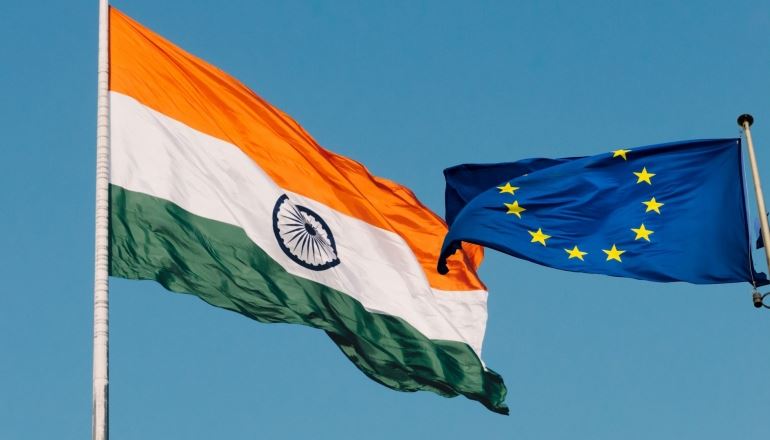
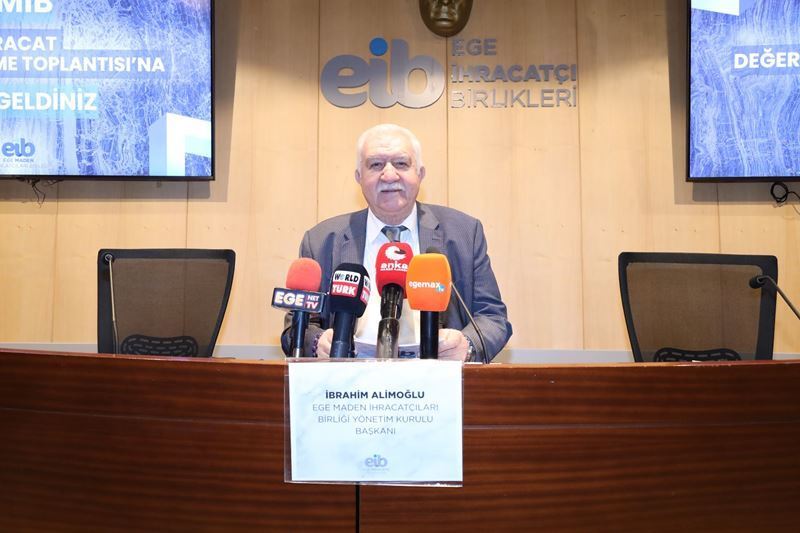

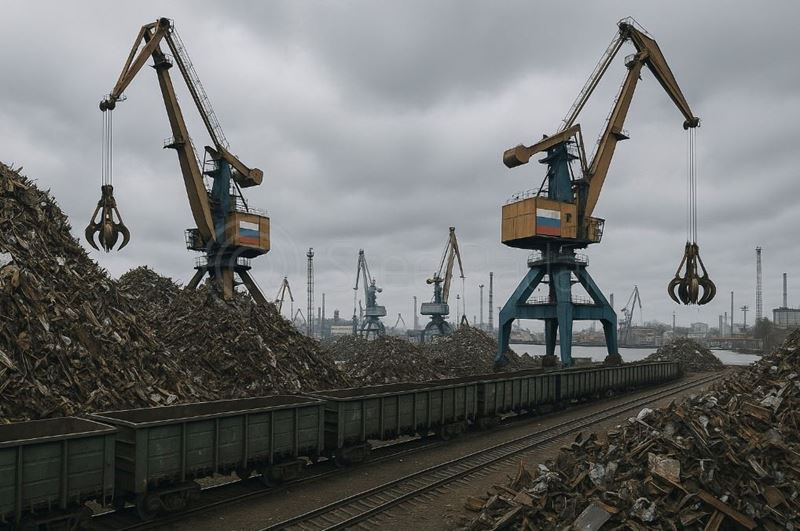
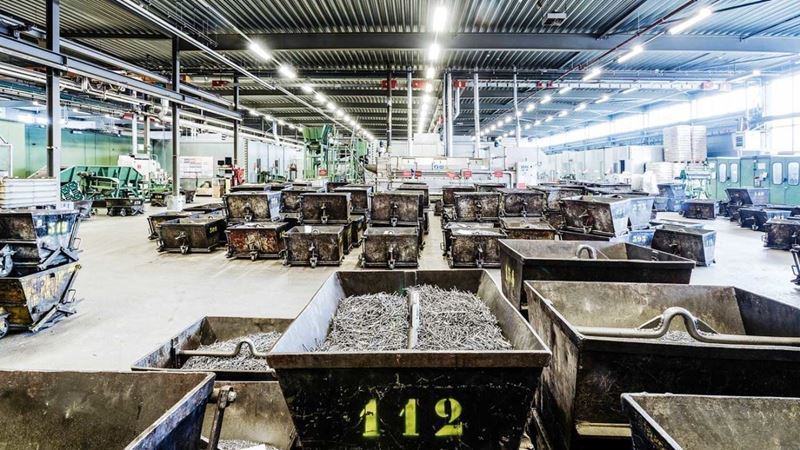
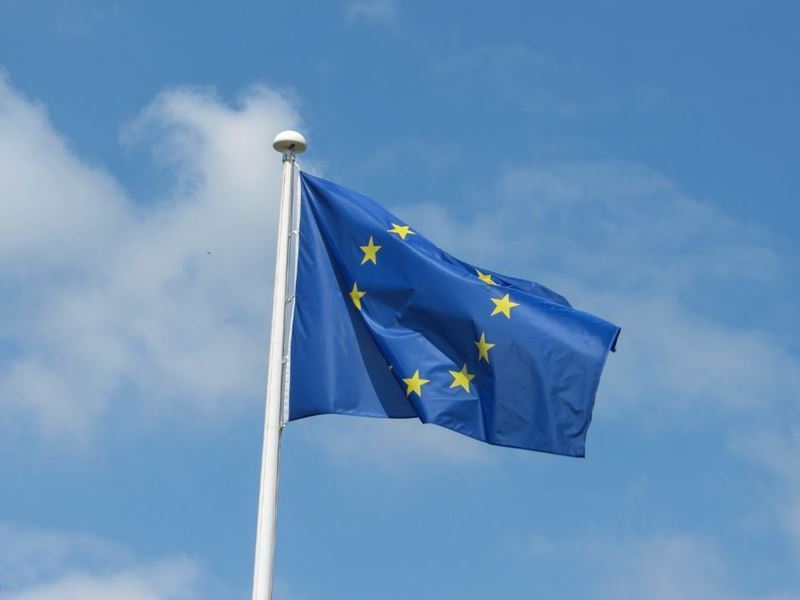


Comments
No comment yet.